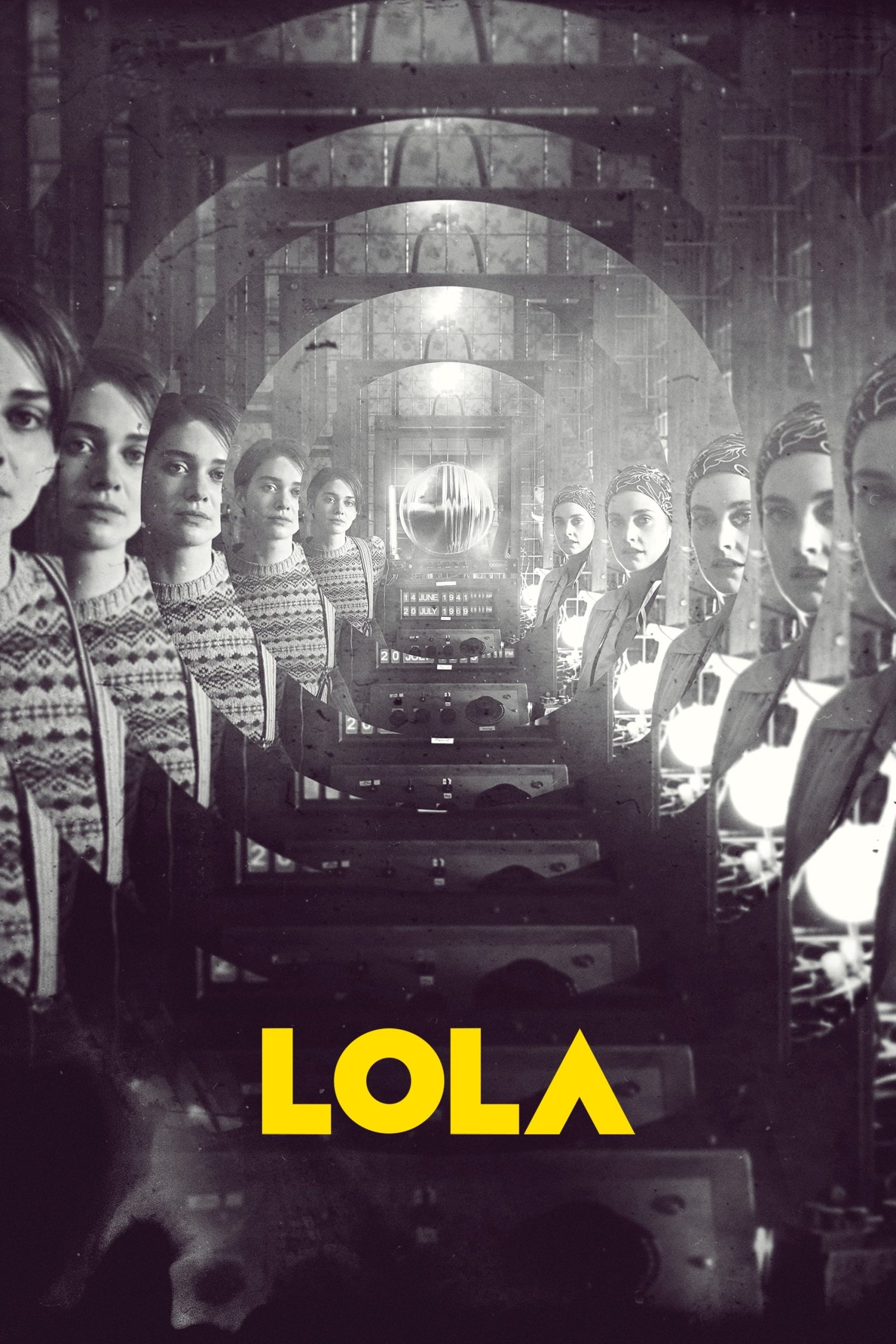
Sussex, England, 1938. Shortly before the outbreak of World War II, Thomasina and Martha Hanbury, two ingenious sisters, create LOLA, a miraculous machine.
22 Oct Lola (2022)
Retroactive Reinterpretation
First, you should know this comment is written after a long break from lucidly watching serious movies, as my current movie time is often guided to mainstream films. I am giving this film a four, because it is one of the two from 2022 I will recommend as important. The list of fours is fluid and this could be supplanted with other experiences.
It is perfectly executed, with act one framed almost erotically with two brilliant, reclusive young sisters inventing something so offhandedly it seems to have welled from their eyes. Indeed, this is carried by two actresses who appear so open, in retrospect it seems impossible. They make the film we see, so they are constantly looking at or otherwise acknowledging the camera; I am unsure what craft or experience is used, but their presence is more present than usual. Stefanie Martini, playing the younger sister (and later the filmmaker) is especially in that space between me and the story.
Spoiler follows, and I urge you to not read further until you see this. Because the way things are resolved is unique and powerful.
The story is relatively simple: this machine can receive radio and TV signals from the future. Britain is at war, so they look ahead for reports of attacks and advise the British military. The war turns against the Germans, until through carelessness it doesn’t. Their meddling changes the future so England becomes fascist. The sisters become criminals in this future. Well before the end, this film won my soul.
Now the trick. You have to know the device, almost a trope, where say the film is created by some character in the film. ‘Moulin Rouge’ was written by the main character as the tragedy of his love, with intermediate folds of plays within, drug-induced hallucinations, and emotive direct musical interludes. But there are thousands of simpler examples.
In this case, we’ve become lulled in following one expression of this device, watching these sisters film themselves with their black and white camera, modified by them of course. This segues into footage that they could not have taken. An intermediate scene probably could be their camera, and then a big section of what the critic trade calls ‘found footage.’
As an aside from describing the transcendent end effect, I should remark that the way the found footage was modified for the alternative world is perfect. I don’t know how the budget was handled, but this was seamless and suitably shocking for the alternative future it shows. Complete with songs by thugs. David Bowie, Bob Dylan, the Beatles and the Kinks have been non-actualised. We of course could be seeing that footage from the device. It is all newsreel like.
Now, the end of the third act has our sisters in dire straits, and the world seriously broken because of them. Britain is a Nazi annex to Hitler’s Germany, preparing to conquer what’s left.
You should also know that we usually maintain a distance between us and the world of the story. We’ve spent an hour building an alternative future. That’s them, and we are us, and apart from a few engagement tricks, that separation is solid. Blockbuster, superhero and horror movies have made this worse than it was when I started watching films, Now, the default is that we want an alternative world to visit.
At the end, the more appealing sister looks at the camera. Her sister is imprisoned, deeply regretting how she changed the future. Our narrator tells us that she made this movie for her sister, in the hope that someone will play it, and that when her sister is looking to a future from say 8 years prior, she may see the movie and decide not to intervene in the war.
This is not a twist, because we’ve seen the editing throughout. But it all of a sudden makes this film essential to our existence. You, dear reader, may not be as affected as I am, being a student of folding in film narrative. But it was a massive revelation to me that my existence depends on this being seen.
Posted in 2024
Ted’s Evaluation — 4 of 3: Every cineliterate person should experience this.


No Comments